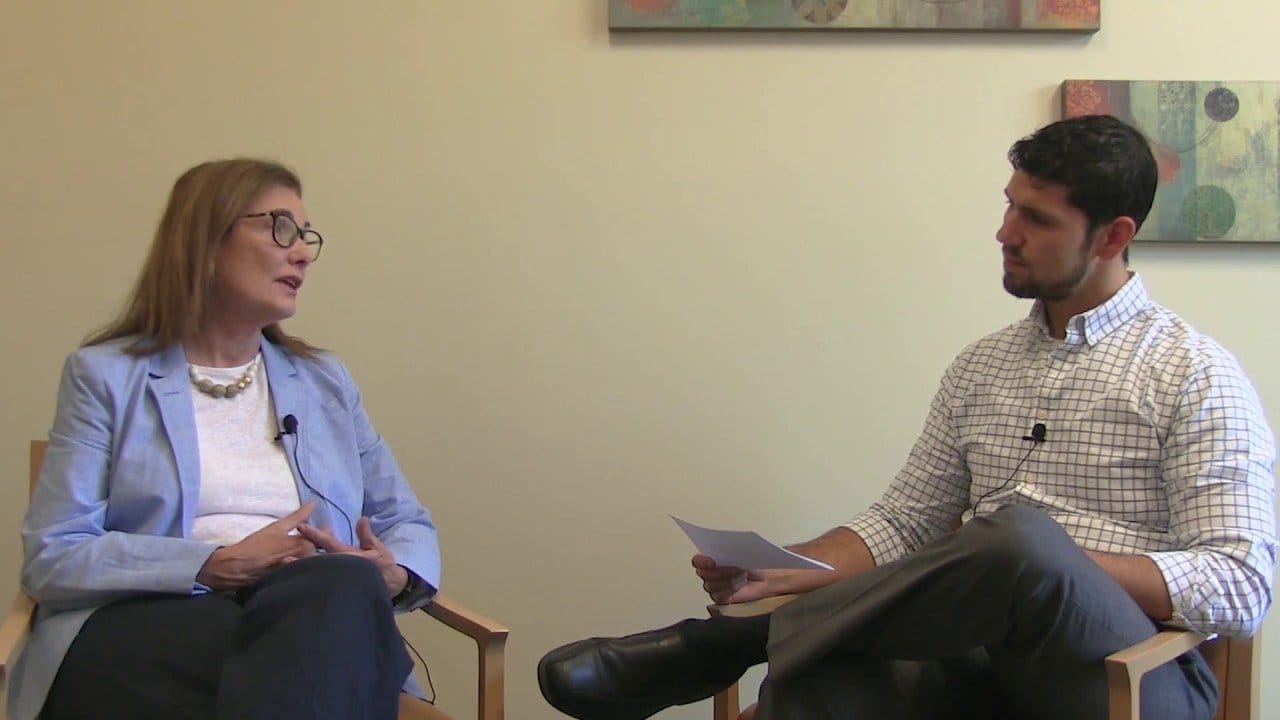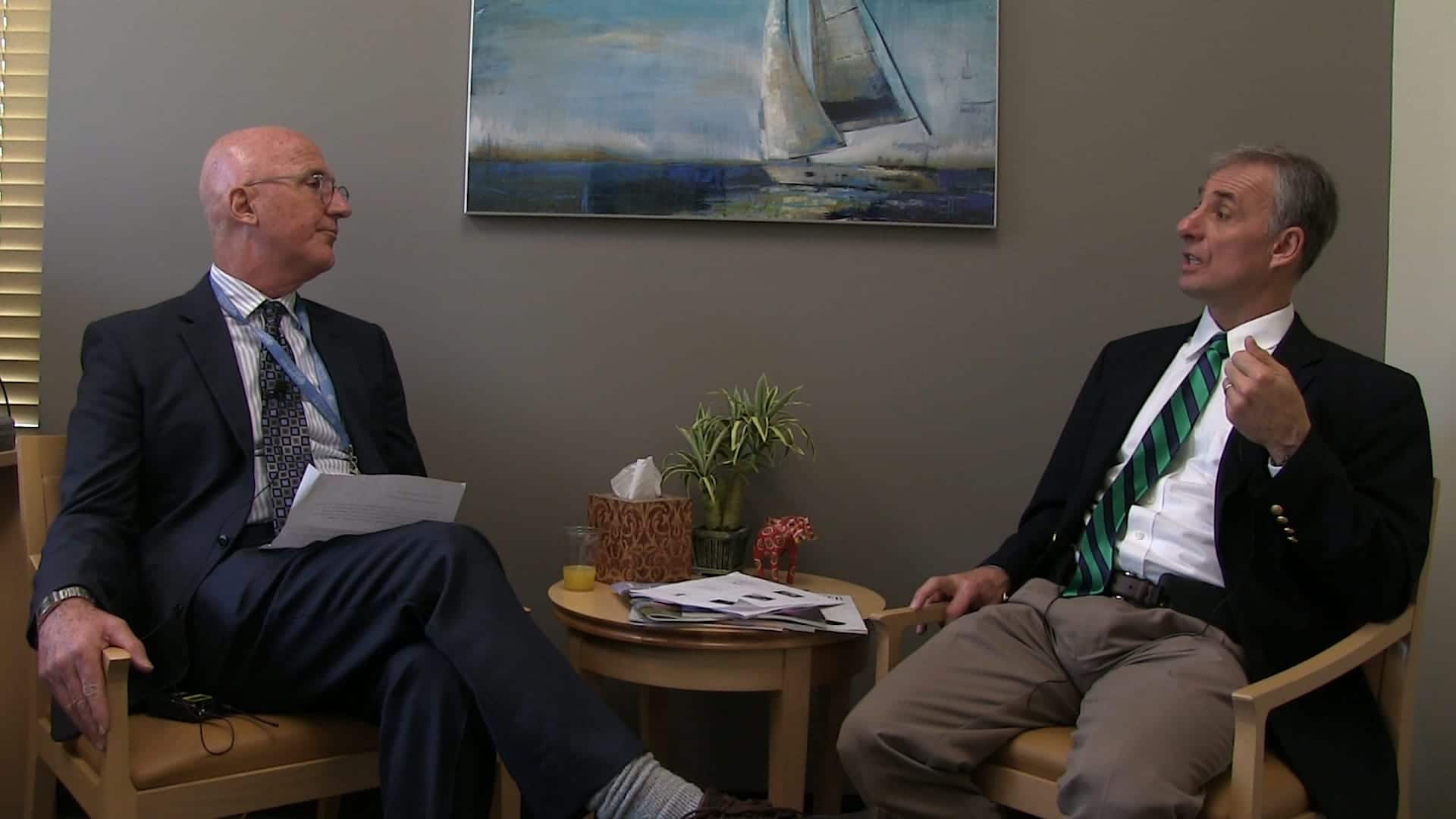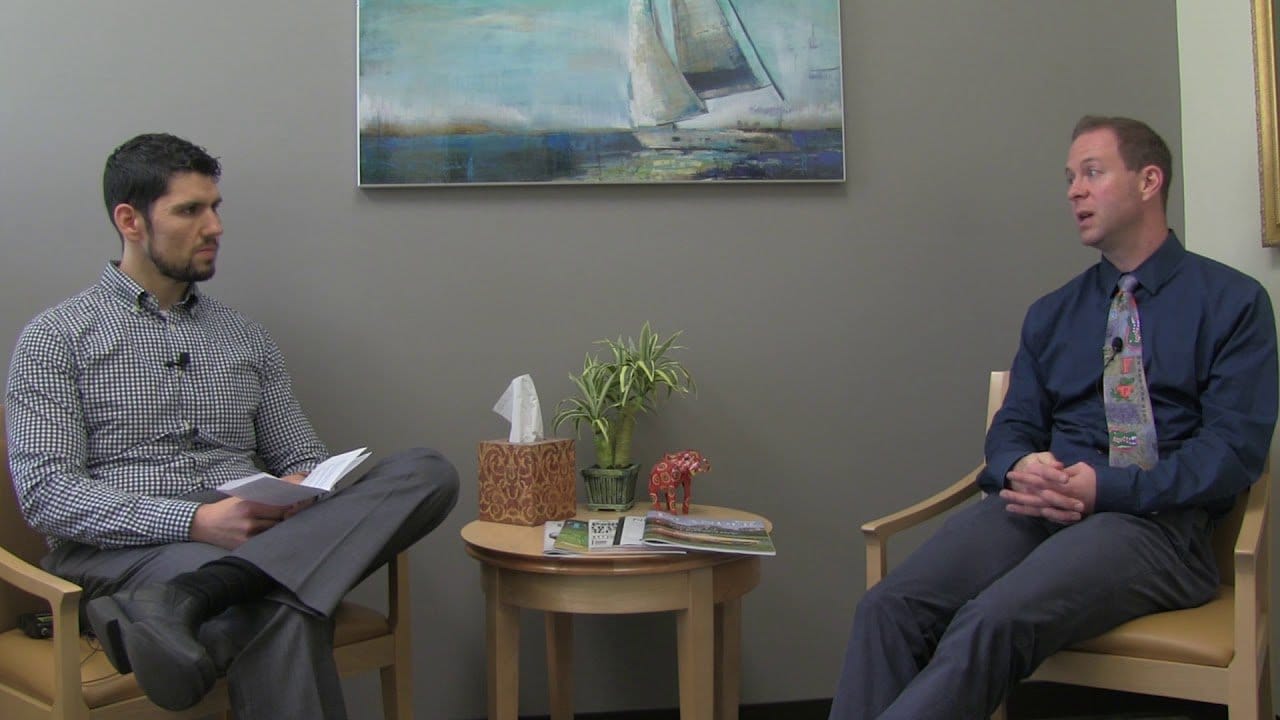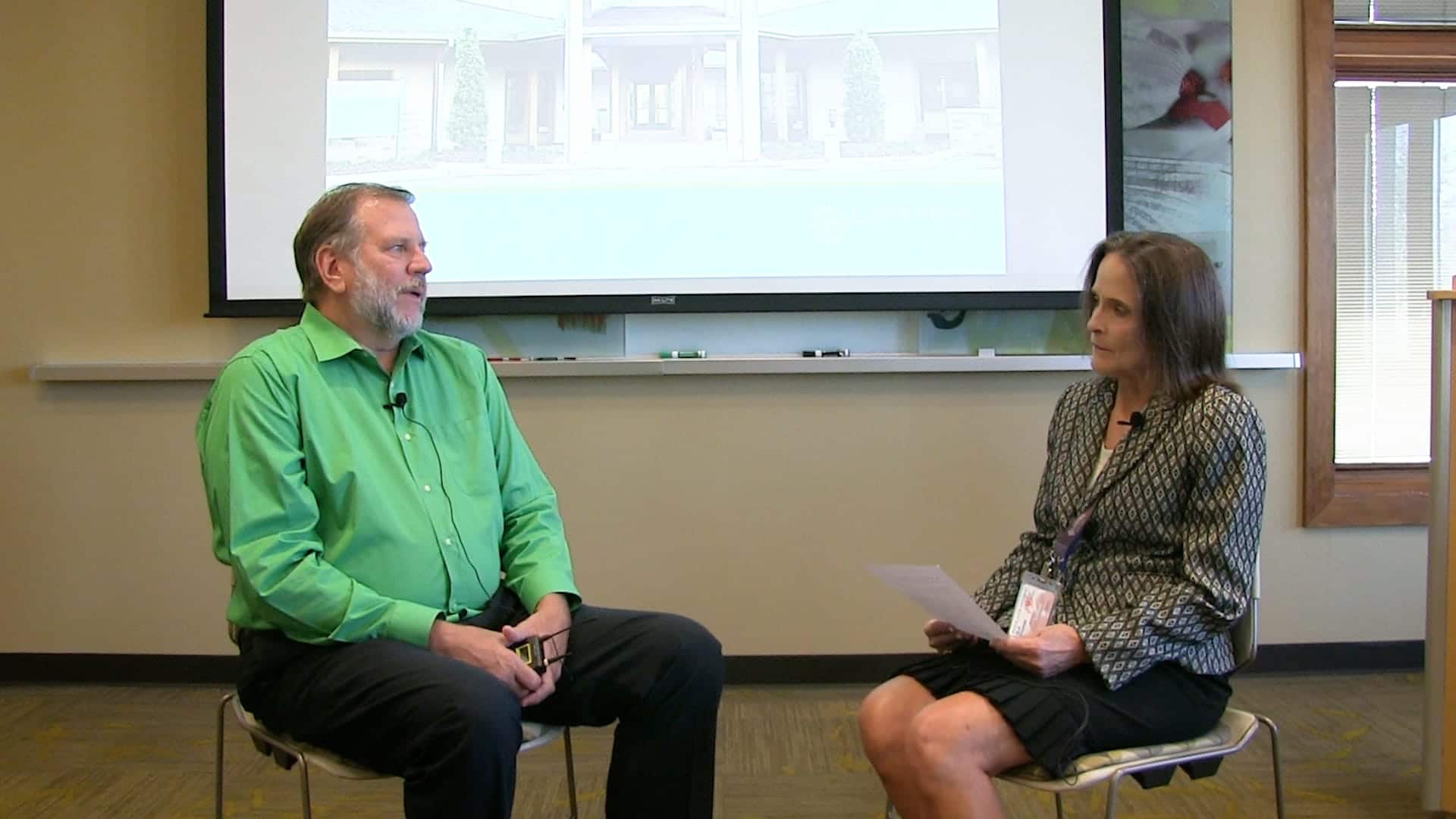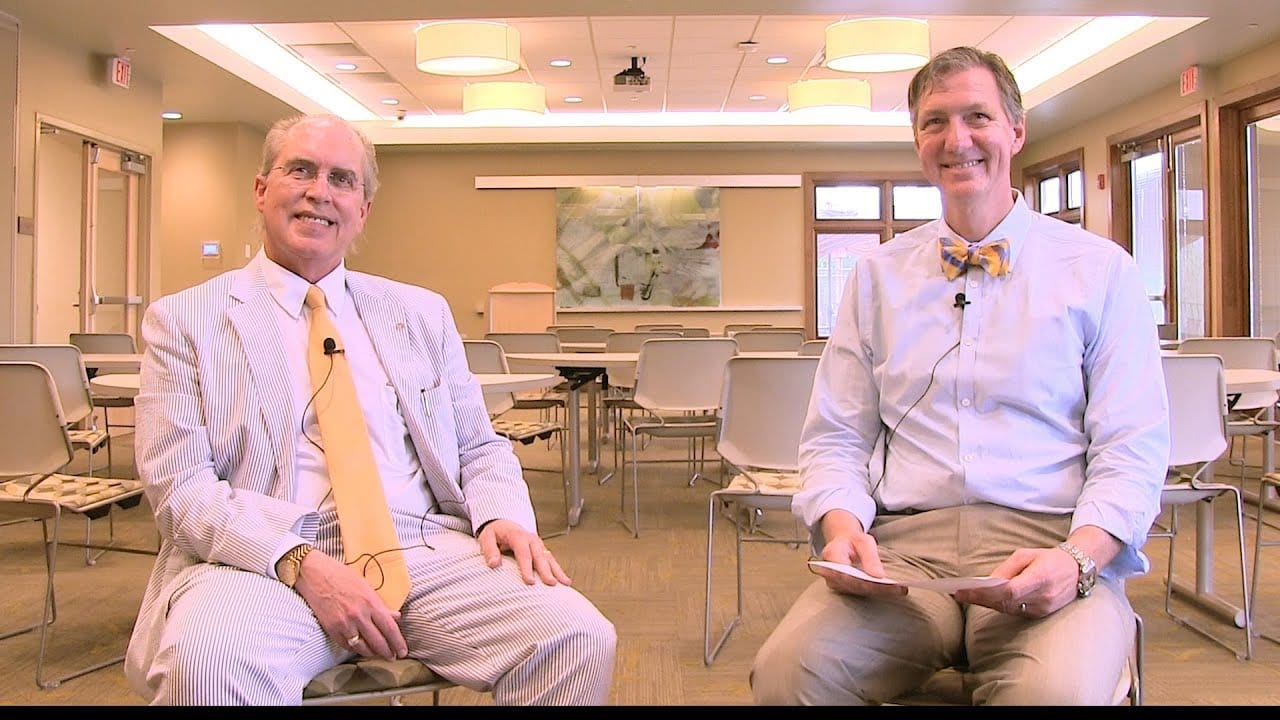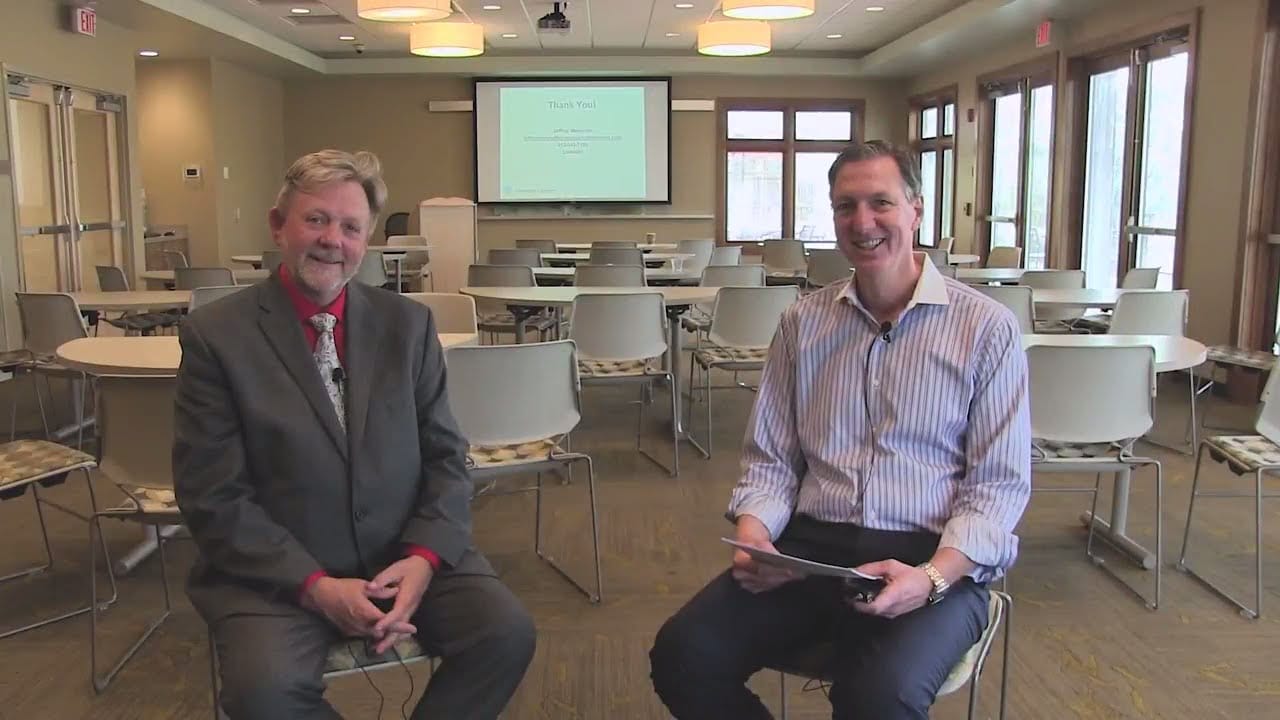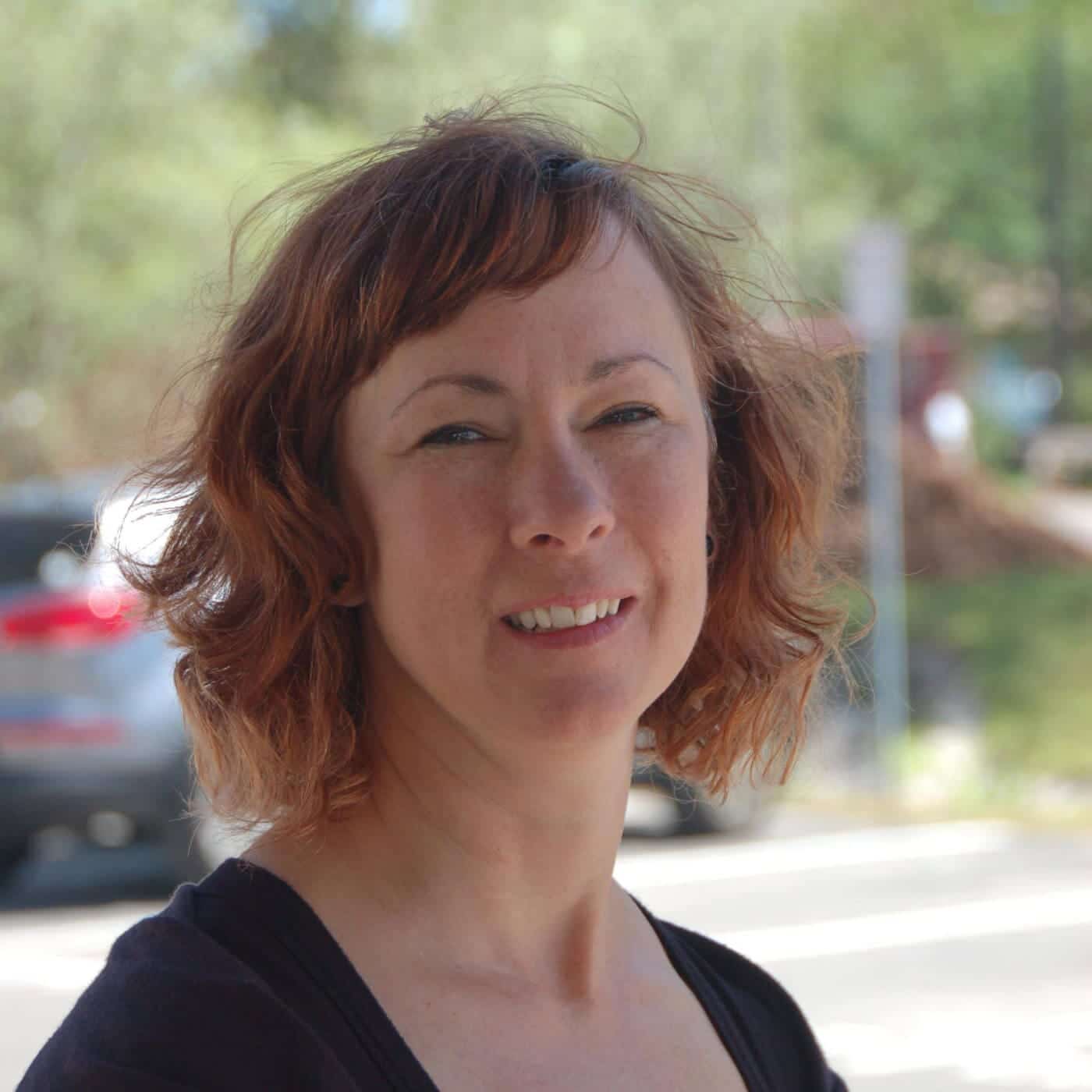

By: Lakeview Health
Kelly Wedell, the Clinical Director at Four Circles Recovery, sits down with Gina and discusses their adventure-based program and how they allow for patients to experience life on life’s terms.
Podcast Transcript
Gina Thorne: Hello everyone, this is Gina Thorne and welcome back to the Lakeview podcast series. I’m really excited to be joined today by Kelly Wedell, who is the Clinical Director for Four Circles Recovery in North Carolina. Welcome, Kelly. Kelly Wedell: Thank you! Gina: So you have a really diverse background in working with the young and senior population, particularly in the field of addiction treatment. Before we talk about your area of specialty, can you tell us a little about your background and how you got into the field of addiction? Kelly: Sure. I started working at the Rape Crisis Center, so there’s kind of, the trauma piece of it, and as I was entering into my own recovery process in my own personal life, I was also noticing that there was a really high correlation with trauma and addiction. I didn’t know the statistics back then, I just knew what was showing up at my office and that it felt really important that I understand the link between the two of them. So I began looking, researching, going to conferences, making as many connections as I could about that. Gina: And so your focus has been predominantly in the trauma area, correct? Kelly: Mmm hmmm. Yep. Gina: And so working with young adults and I noticed that you did a lot of work with wilderness programming as well. Can you talk a little bit about that? Kelly: Sure. These are things that are near and dear to my heart. Wilderness, particularly with the recovery process, I just feel like they go so well together, because what we know about addiction is that it’s a disease of isolation in addition to brain circuitry. So when you ask young adults to get out into the wilderness, they’re in a group, they have to rely on each other, they have to figure things out, and they get to interface with nature which is the most powerful connection I think we can possibly have. What happens is our brain changes and when our brain changes, we have a chance of really sticking with recovery. Gina: Well speaking of brain changes, you spent today with us here in Jacksonville talking with folks about the neuroscience and attachment theory and its relationship to 12-step. For those listening today, can you briefly describe or explain a little about what that means? Kelly: What it means is that the 12 Steps have been around since 1935, published in Alcoholics Anonymous Big Book, and back then, they didn’t have brain scans, they didn’t have the same method of looking at how come we are doing these specific things, how come we are taking inventory, how come we need a higher power? And today we can actually look at the brain and see when you have something bigger than yourself and you’re able to do connection with that, the brain actually changes and heals. So for me, it felt really important, one, as a therapist, and then as somebody in recovery, to make it really feel like they can interface with each other; that one wasn’t science and one wasn’t paraprofessional, that they both are valid ways of being in relationships with others around recovery. Gina: There’s a great conversation that went on about that which is fantastic. So we probably spoke about this already in regard to the nature of trauma and addiction and I got a brief glimpse into that in working with wilderness programming, but what processes do you use to help individuals address their trauma while also looking to work a good recovery program? Kelly: I look at a lot of the research now that really talks about trauma being a physiological experience; that it’s a body memory. So helping clients get into their bodies, because often times their bodies feel very dangerous, the emotions that they feel, the overwhelm that they experience, if we can offer safety in their own physical experience, then it just begins to shift; their ability to do any reprocessing around those traumatic events. Also, what feels really important is that with trauma work, it’s relational; trauma affects relationships. So if there can be a safe container and safety, then again, we also have a chance to do the reprocessing and the shifting from victim to survivor to thriver. Gina: That’s wonderful. So this is your first visit at Lakeview Health in Jacksonville and you haven’t had a lot to see yet, but what are your initial thoughts? Kelly: My initial thoughts are like, “WOW!” You guys have really added on and everyone is so excited about it and it’s great. Everybody that I’ve met here is just fantastically genuine. I am a hugger, and so I’ve gotten several hugs. People are like, “Oh my gosh, we saw that you were speaking, we’re so excited.” They actually looked up and gotten curious about the topic so we can talk about it instead of just being like, “hey.” You know, so it doesn’t feel institutional, it feels relational. Gina: Thank you. We appreciate that feedback. So tell us a little bit about Four Circles. We know that you’re the Clinical Director of that program so what can you say to us about Four Circles? Kelly: Sure. Four Circles is a recovery program; we work with addiction, we work with young adults, ages 18 to about 27, 28, and really, we embody this idea that you have to kind of get into your body and get into yourself to begin to experience. Recovery is about experience, strength, and hope. It’s not about knowledge, strength, and hope. So all of the modalities that you experience in traditional treatment, like DBT, processing groups, coping skills, relapse prevention; we are doing all of that, adventure-based. So you’re not just getting information, you genuinely are getting experience of what it’s like to live life on life’s terms and that you are okay, even if you have a big feeling come up. Gina: That’s nice. So if someone needed to access services at Four Circles, how would they get in touch with you? Kelly: They could call our local number which comes directly to our office, and its 828-891-2221. Gina: Ok, great. Well thank you very much for joining us today and we’re really happy to have hosted you here in Jacksonville. For those of you that are interested in learning more about Lakeview or if you have someone that is struggling with substance use disorders and needs help right away, please visit us online at lakeviewhealth.multiplica.dev or contact us at 866-460-8416.
